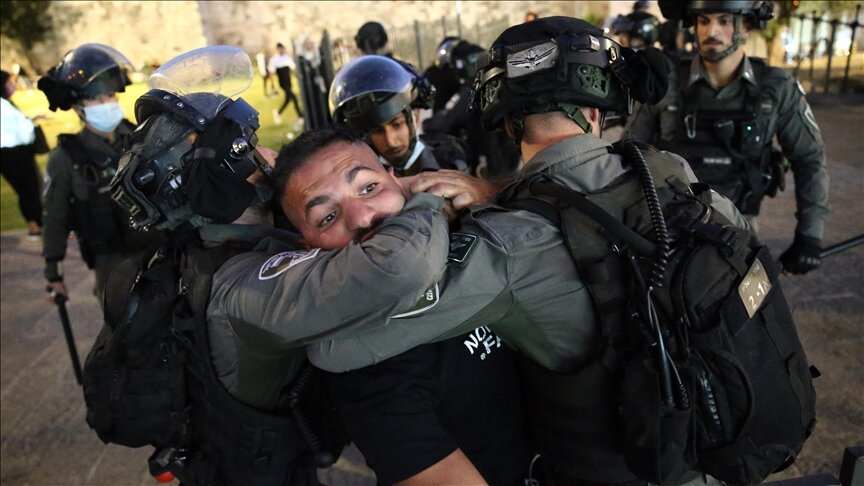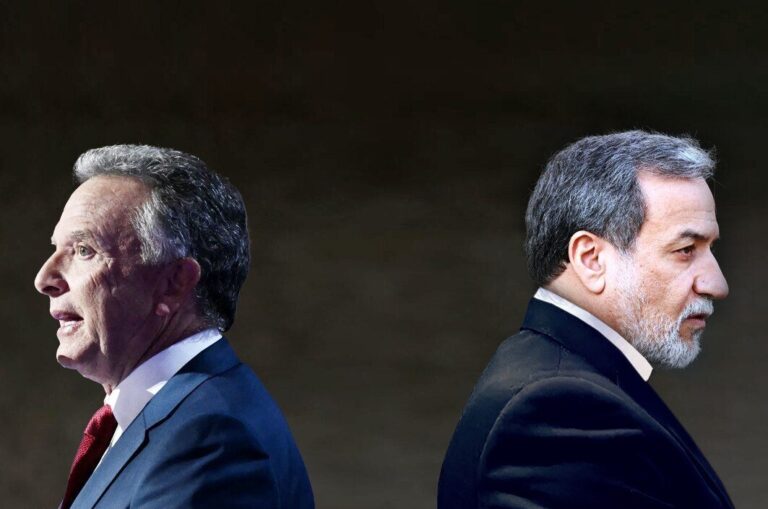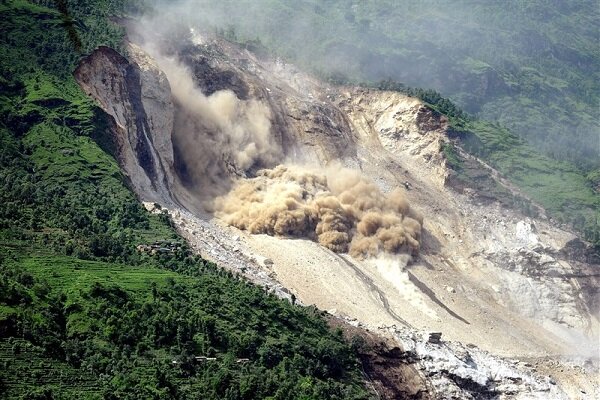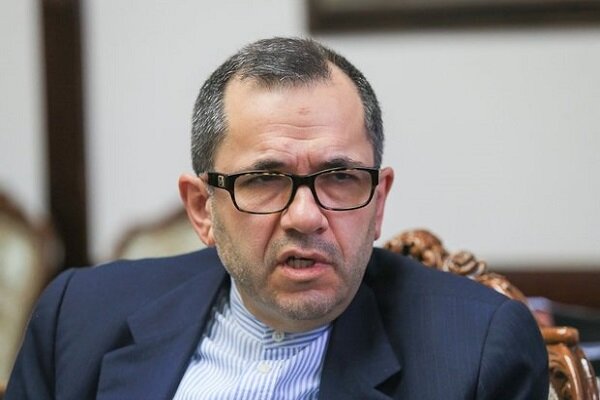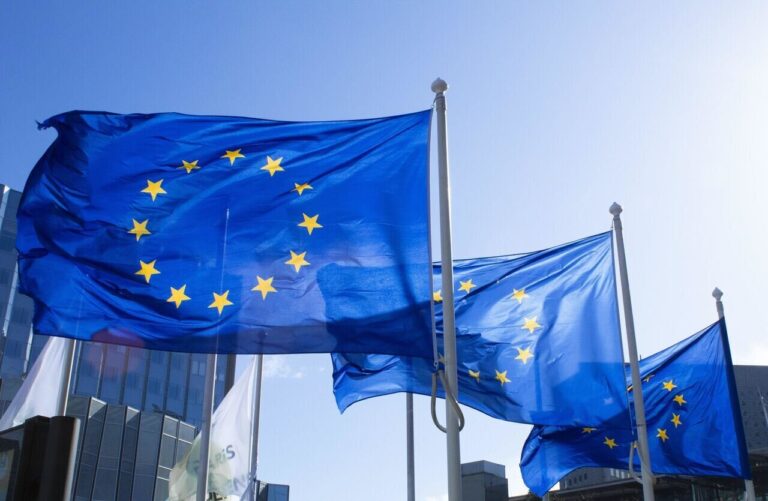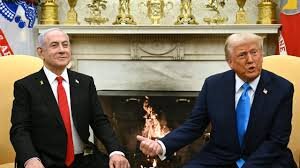Israel’s Crackdown: 49 Palestinian Journalists Detained Since October 7
Israeli forces have detained 49 Palestinian journalists since October 7, 2023, highlighting a concerning trend in the suppression of media coverage in the region. The recent arrest of Ali Al-Samoudi from Jenin on Tuesday intensifies scrutiny on the treatment of journalists in conflict zones. According to reports from the advocacy group, the Palestinian Prisoners Club, these detentions are part of a larger strategy aimed at controlling the narrative surrounding the ongoing conflict.
The situation for journalists in Palestine is increasingly dire, with many facing severe repercussions for their work. The Middle East Eye has detailed the harsh conditions that detained journalists endure, raising alarms about freedom of press and expression in the region. Here are some key points regarding the current state of Palestinian journalists:
- Mass Arrests: Since the beginning of October, the number of detained journalists has reached 49, indicating a systematic effort to silence media voices.
- Harsh Treatment: Reports suggest that journalists in detention are subjected to severe conditions and mistreatment, further complicating their ability to report effectively.
- Impact on Coverage: The arrests create a chilling effect on other journalists, who may hesitate to cover sensitive topics due to fear of repercussions.
- International Response: Advocacy groups and international organizations are calling for urgent action to protect journalists and uphold their rights.
The arrest of Ali Al-Samoudi, a notable figure in Palestinian journalism, has sparked outrage among fellow journalists and human rights advocates. Many see this as not just an attack on one individual, but as a broader assault on the freedom of the press. The implications of these arrests extend beyond the immediate impact on the individuals involved; they threaten the integrity and independence of journalism in the region.
Given the complexities of the Israeli-Palestinian conflict, the role of journalists is crucial in providing unbiased and accurate coverage. However, the increasing number of detentions raises significant concerns about the ability of journalists to operate freely and safely. The Palestinian Prisoners Club is working tirelessly to bring attention to the plight of these journalists and advocate for their release.
In light of these developments, it is essential to understand the broader context of media suppression in conflict zones. Here are some factors contributing to the challenges faced by journalists in Palestine:
- Political Climate: The ongoing conflict and political tensions create a hostile environment for journalists, who often find themselves caught in the crossfire.
- Government Restrictions: Increasingly stringent regulations and censorship imposed by authorities impede journalists’ ability to gather and disseminate news freely.
- Public Safety Concerns: The risks associated with reporting in conflict zones can deter journalists from covering critical stories, further limiting the availability of diverse perspectives.
- International Indifference: The lack of substantial international support for journalists in Palestine perpetuates a cycle of silence and oppression.
Despite these challenges, many Palestinian journalists remain committed to their work, often at great personal risk. Their determination to report the truth is a testament to their resilience and dedication to informing the public. Organizations such as the Palestinian Prisoners Club continue to advocate for the rights of these journalists, emphasizing the importance of press freedom in any democratic society.
It is crucial for the international community to take a stand against the unjust detention of journalists. Advocacy and awareness campaigns can play a significant role in highlighting these issues, pressuring authorities to respect press freedom and protect the rights of journalists. Here are some actions that can be taken:
- Raise Awareness: Spread the word about the situation facing Palestinian journalists through social media and community discussions.
- Support Advocacy Groups: Contribute to or volunteer with organizations dedicated to protecting journalists’ rights.
- Engage with Policymakers: Encourage local and international leaders to address issues of press freedom and human rights violations in their discussions and policies.
- Promote Responsible Journalism: Support media outlets that prioritize ethical reporting and uphold journalistic integrity in their coverage.
As we reflect on the plight of Palestinian journalists, it is clear that their work is vital for ensuring that diverse voices are heard and that important stories are told. The ongoing detentions represent a critical moment for press freedom in the region, and it is imperative that we stand in solidarity with those who risk their lives to bring us the truth.
